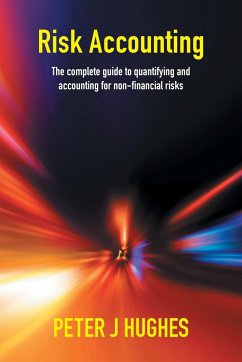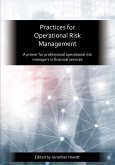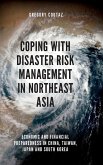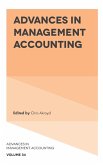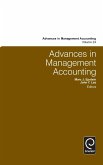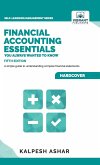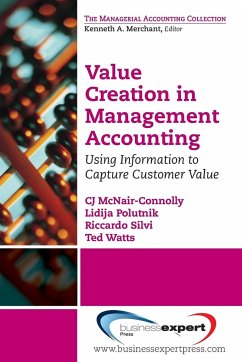In recent decades we've seen how non-financial risks such as operational, cyber, model, conduct, climate change and many others have grown exponentially both in their size and complexity. We've also seen how devastating unexpected losses can be for a business; they're a CEO's and CFO's worst nightmare. It's a frequently overlooked fact that an unexpected financial loss must have previously existed as an unquantified and unreported exposure to non-financial risk. It follows that if the threat of unexpected losses is to be minimized accountants and risk managers must refocus their methods and systems onto the quantification and accounting for non-financial risks. Risk Accounting explains, with worked examples, how this can be done. Risk Accounting transforms color-coded (traffic light) risk assessments into aggregatable and comparable cross-enterprise risk diagnostics and, through accounting for the financial impacts inherent in quantified non-financial risks, backward-looking accounting profit is upgraded to forward-looking sustainability as the primary accounting measure of corporate performance.
Hinweis: Dieser Artikel kann nur an eine deutsche Lieferadresse ausgeliefert werden.
Hinweis: Dieser Artikel kann nur an eine deutsche Lieferadresse ausgeliefert werden.

